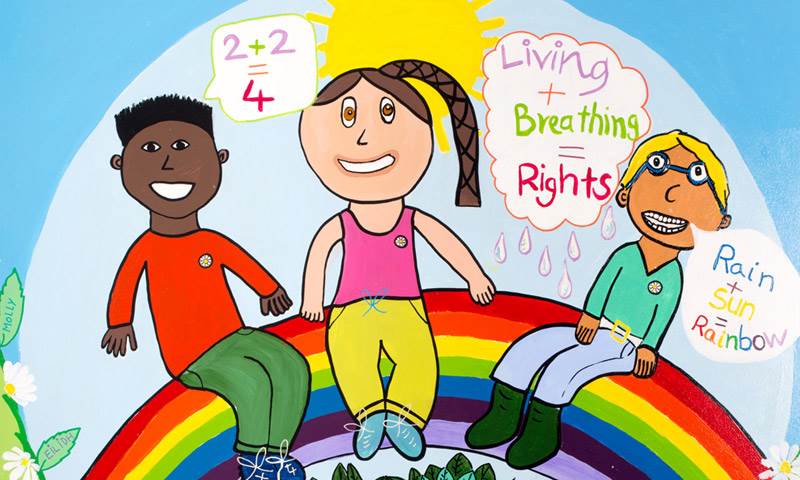Our website uses Cookies - by using this site or closing this message you're agreeing to our Terms & Conditions, Cookie Policy and Privacy Policy
xCOVID-19: Discovering the social and emotional impact on children and families
Date: 10th July 2020
Category:
Disability, Basic Health and Welfare

Scottish Government’s Children and Families Analysis Unit has published a briefing paper drawing on research exploring the social and emotional impact of COVID-19 on children and families.
The key findings of the research include:
- Social isolation and loneliness continue to be a growing concern for children and young people in general.
- Stress and anxiety appear to be higher in older children (teenagers), and girls in general. Some research indicates higher levels of anxiety and depression in young people from BME backgrounds.
- Children in families with low incomes are spending less time on home learning and have fewer resources both from their schools and in their own homes.
- Parents on lower incomes appear to be less confident and/or willing to return their children to school and want the primary focus of schools when they reopen to be on emotional support and wellbeing.
- Surveys of parents with children impacted by disability or special education needs are consistently reporting a drop in formal and informal support and increasing concerns about children’s mental and emotional wellbeing and family income.
- There is a need to make messaging about COVID-19 more relevant for young people.
- Some children and young people want to play an active role in supporting pandemic-related efforts, and want more information from government that is tailored for them.
- There is mixed evidence on the experiences of virtual service provision, with practice appearing to be very variable across Scotland. Some children and families appear to be engaging well whilst others are experiencing problems with digital access and safeguarding and privacy issues. Virtual services appear to be more successful where there are good pre-existing relationships.
Read the report in full research here.
